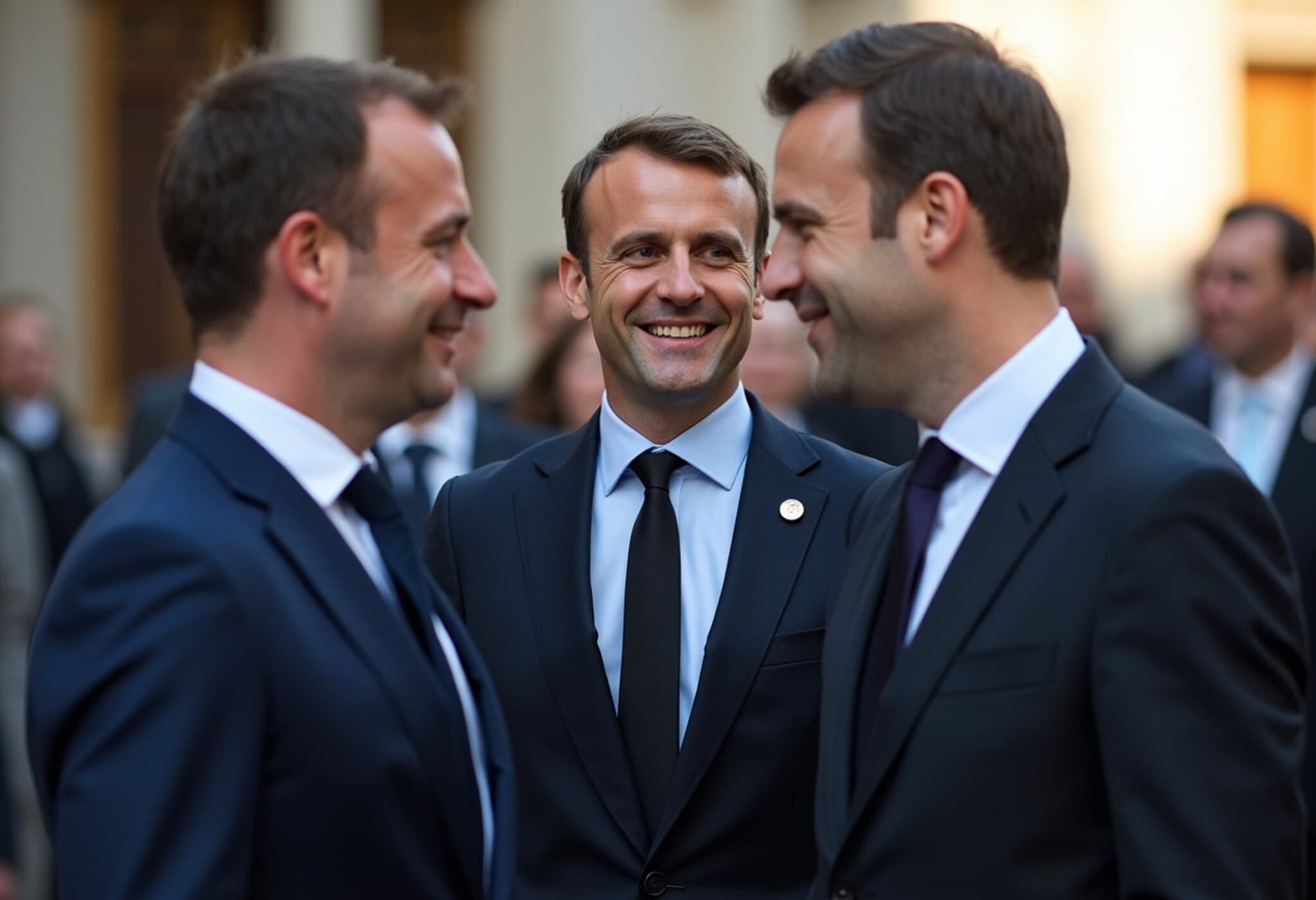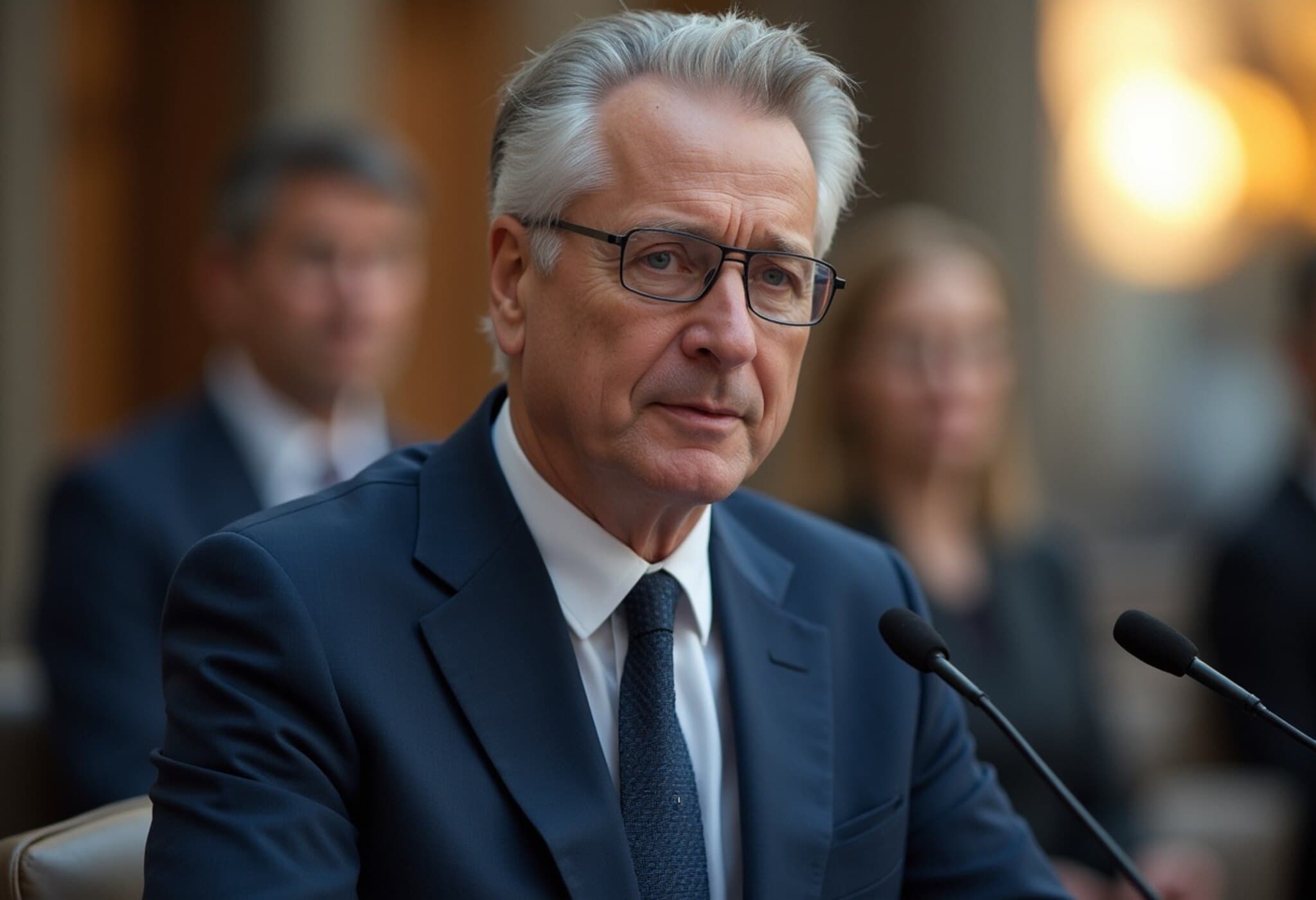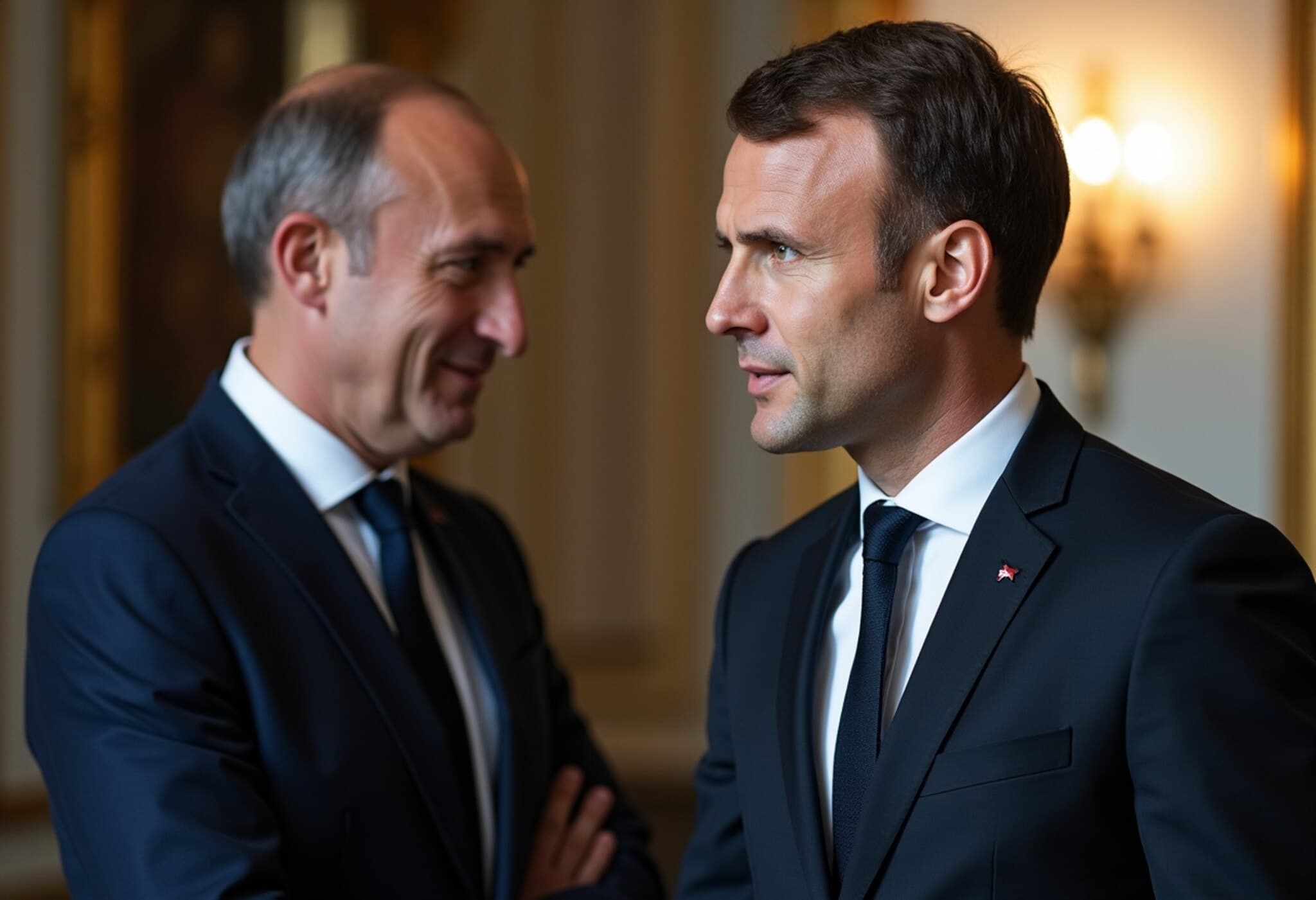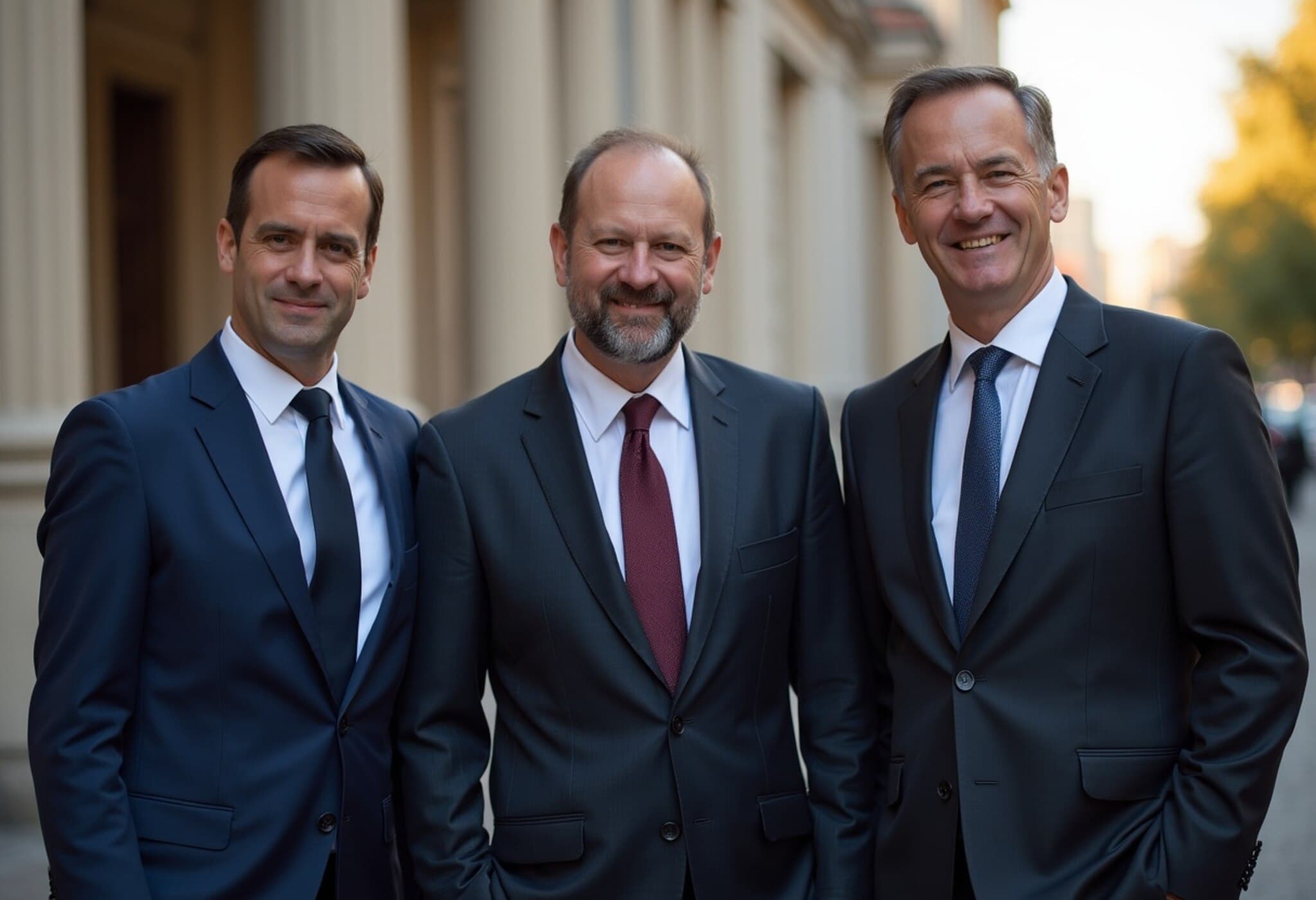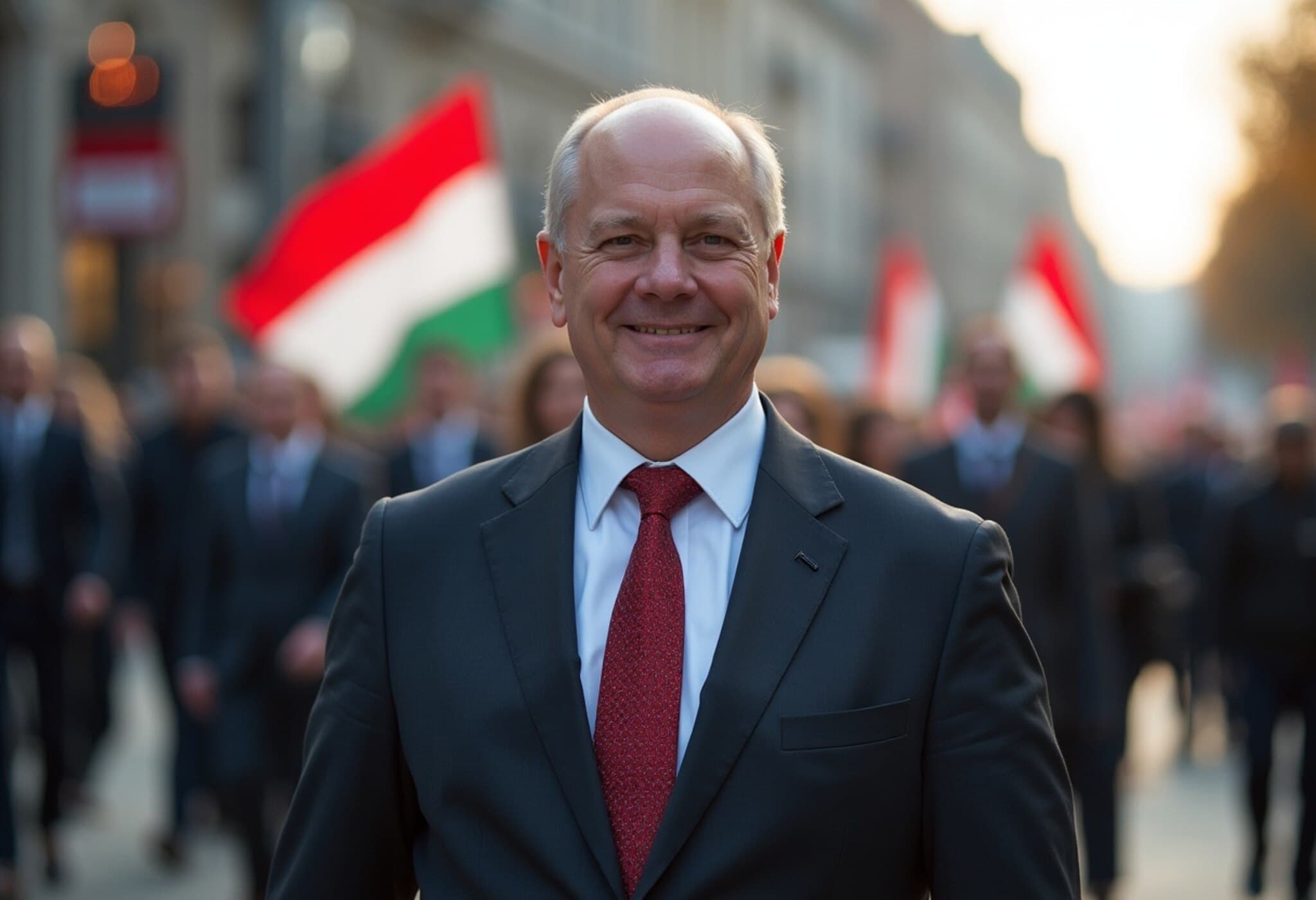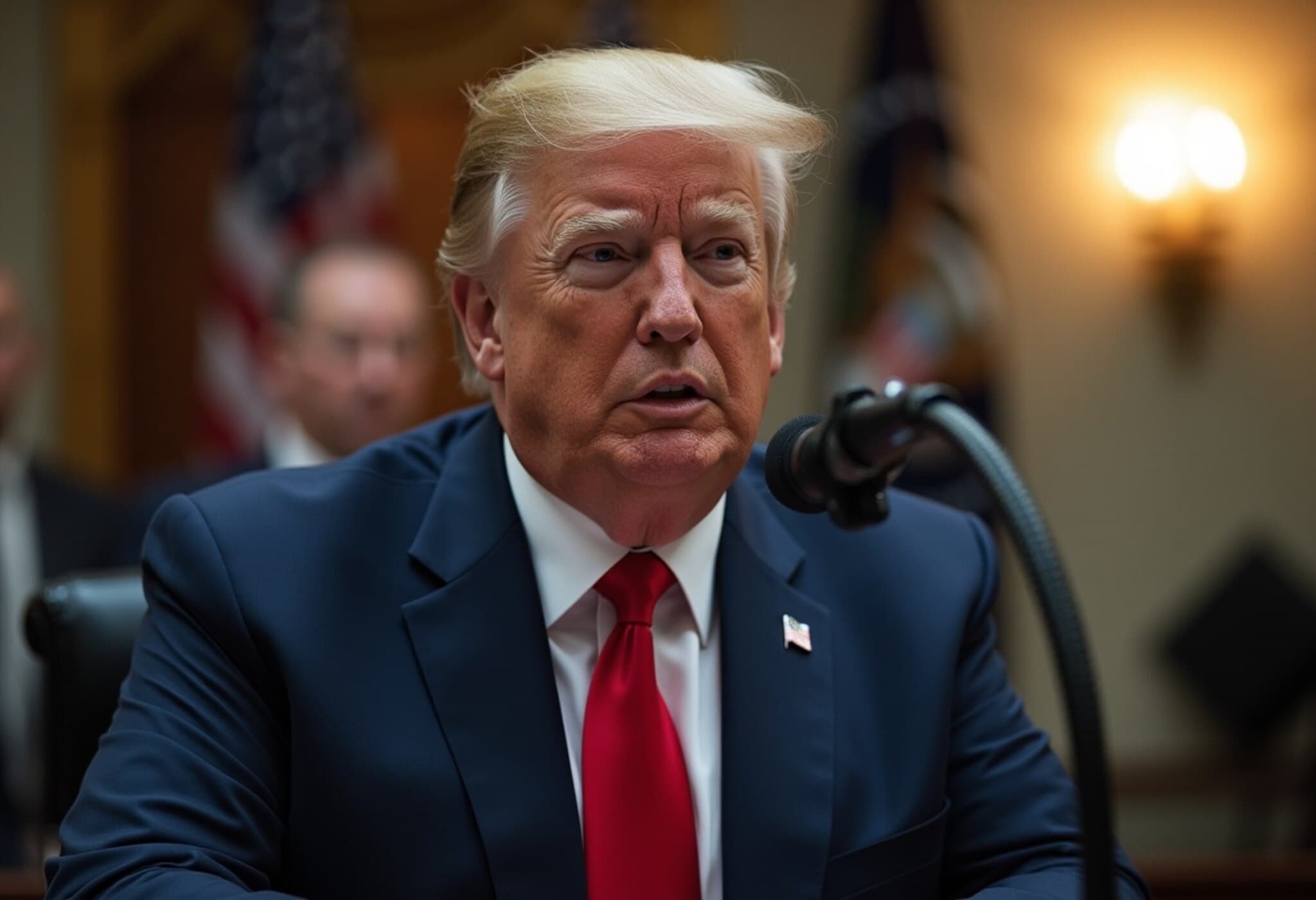European Leaders Rally Support for Moldova’s Sovereignty
Next week, Moldova will witness a significant demonstration of European solidarity as French President Emmanuel Macron, German Chancellor Friedrich Merz, and Polish Prime Minister Donald Tusk converge to commemorate the country’s Independence Day on August 27. This high-profile visit comes at a critical juncture, less than a month ahead of Moldova’s parliamentary elections on September 28.
Moldova’s Crucial Crossroads Amid Geopolitical Tensions
Nestled between Ukraine and Romania—an EU and NATO member—Moldova is a small former Soviet republic whose strategic location has made it a focal point of geopolitical tug-of-war. The upcoming elections are widely viewed as a referendum on whether Moldova will continue embracing a pro-European trajectory or risk drifting under Moscow’s influence.
European Unity as a Response to Russian Influence
In an official statement, the French presidency emphasized that the visiting leaders will reaffirm their unwavering support for Moldova’s sovereignty, security, and European path. This visit symbolizes not only alliance but also a message of deterrence, especially as Moldovan officials have accused Russia of meddling—allegedly stoking divisions and nurturing pro-Moscow factions to undermine democratic processes. Moscow continues to deny these allegations.
The Stakes of Moldova’s Parliamentary Elections
- Ruling Party’s Goal: Maintain parliamentary majority while deepening ties with the EU.
- Opposition Forces: Some factions favor closer relations with Russia, bringing internal tensions to the surface.
- Regional Stability: Moldova’s political orientation has broader ramifications for Eastern Europe’s security landscape amid the ongoing war in neighboring Ukraine.
Expert Insight: Why This Matters for Europe and the U.S.
From a policy perspective, Moldova is more than a small state caught in a geopolitical crossfire. It represents one of several frontline democracies testing the resilience of European institutions and transatlantic partnerships in the face of authoritarian pressures. The visit by Macron, Merz, and Tusk symbolizes a commitment to the principles of sovereignty and democratic choice—principles that resonate deeply within American foreign policy objectives supporting democratic resilience worldwide.
Moreover, with the EU’s enlargement ambitions and NATO’s eastern flank constantly under scrutiny, Moldova’s fate will likely influence the calculus of both European and U.S. policymakers. It raises questions about the effectiveness of diplomatic gestures versus tangible support such as cybersecurity aid, anti-disinformation campaigns, and economic assistance to counterbalance Russian influence.
Beyond the Headlines: Underreported Dimensions
Amid the attention on grand political gestures, everyday Moldovans face uncertainty about their future—economic hardship, migration concerns, and the challenge of maintaining democratic institutions at a grassroots level. Dialogue between European leaders and Moldovan civil society during the visit will be crucial but often remains underemphasized in mainstream coverage.
Looking Ahead
As Moldova’s parliamentary elections approach, the European display of unity is a timely reminder of the ongoing contest for influence in Eastern Europe. The visit serves as both a gesture of solidarity and a strategic signal, underscoring the high stakes for Moldova’s democratic future.
Editor’s Note
The upcoming elections in Moldova offer a microcosm of broader regional dynamics where democracy, sovereignty, and geopolitical ambitions collide. Readers should watch how Western engagement translates into actionable support beyond symbolic visits. How prepared is Moldova to resist external pressures economically and socially? And what role will the United States and EU play in safeguarding the democratic choice of this small but strategically vital country?

